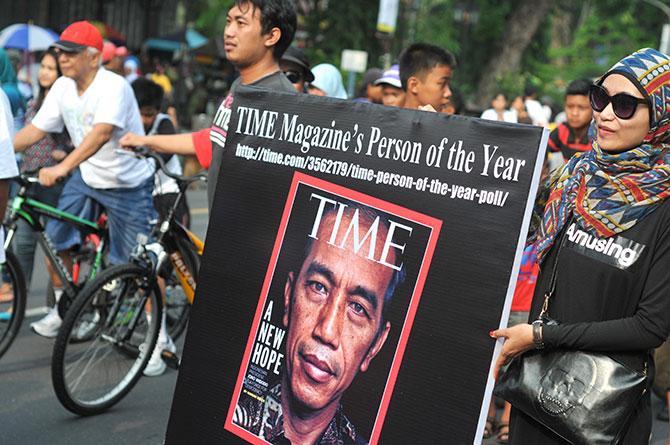
Policy coordination and policy consultation are organized differently from one country to another, often because of historical reasons and due to political compromise arrangements, especially within a multiparty coalition government. As a way to reflect on alternative options to Indonesia’s current governance structure, an example is given below from Switzerland.
To defend its economic and financial interests, and to contribute to the solving of international financial problems, Switzerland has tried, unsuccessfully, to become a member of the G-20 in order to promote its financial sector. According to the Swiss Bankers Association, the financial sector is the largest contributor to the country’s economic development, generating more than 12 percent of gross domestic product, accounting for between 12 percent and 15 percent of tax revenues and providing 195,000 skilled jobs. In this context, the most relevant topics supported by Switzerland at the G-20 are the reform of the international monetary system, the strengthening of financial regulations and measures addressing development, employment, corruption, governance and the volatility of commodity prices. Switzerland has participated in preparatory meetings held by the G-20 and has actively contributed to international organizations entrusted by the G-20 with implementation tasks.
The multi-stakeholder process of Switzerland’s financial policy sector strategy involves four main bodies: the Swiss National Bank, the Federal Department of Foreign Affairs, the Federal Department of Finance and the Federal Department of Economic Affairs. Each of the three ministries has a division or a secretary that leads the consultative process vis-à-vis certain international organizations. Within the foreign affairs department, the United Nations and International Organizations Division coordinates and implements Swiss policy regarding the UN, its specialized agencies and other international organizations. The State Secretariat for International Financial Matters at the finance department is responsible for Swiss relations with the International Monetary Fund, and the economic department’s State Secretariat for Economic Affairs is responsible for Swiss relations with the Organization for Economic Cooperation and Development.
Matters pertaining to Switzerland’s relations with the G-20 are coordinated through the Inter-Departmental Working Group G-20. IDAG20 is a working group composed of the state secretariats of the departments of economic affairs and finance, the foreign department’s Directorate of Political Affairs and the Swiss National Bank.
They meet four to five times a year. Notably, there is no formal document regulating Switzerland’s interministerial and interinstitutional coordination process. The IDAG20 is coordinated by two federal offices, which alternate chairing the working group from one G-20 presidency to the next. Other actors are also informed as required, and there are sectoral consultations on trade, finance, labor and fighting corruption.







 resized.png)
